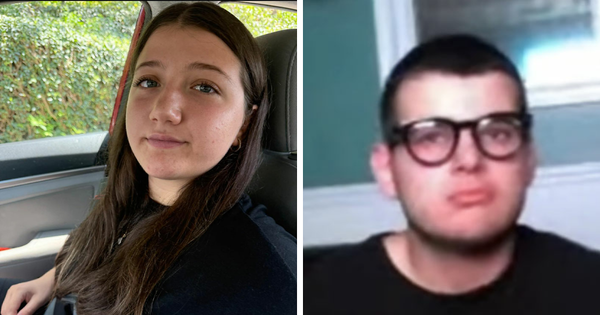Robinhood Markets is set to report earnings on Wednesday after the closing bell, and the options market is pricing in a 9.6% move in either direction.
With its earnings due, the implied volatility of Robinhood's options chain this week is sitting around 116%. Robinhood normally trades with implied volatility around 60%.
So today, we're looking at selling a cash-secured put to take advantage of the high implied volatility around the financial services company's earnings announcement, expected on Wednesday.
A cash-secured put involves selling an at-the-money or out-of-the-money put option and simultaneously setting aside enough cash to buy the stock. The goal is to either have the put expire worthless and keep the premium, or to take assignment and acquire the stock below the current price.
They are very similar to a covered call and are quite easy to understand once you know the basics. It's important that anyone selling puts understands it often comes with a contract of 100 shares at the strike price.
Premium Per Contract is $300
For Robinhood stock, a trader selling the Aug. 1 put with a strike price of 100 will generate around $300 in premium per contract. The put has a delta of 34, which means there is an estimated 66% chance that it will expire worthless.
The put seller would have the obligation to purchase 100 shares of Robinhood stock at 100 if called upon to do so by the put buyer.
The break-even price for the trade comes by taking the strike price less the premium received. In this case that gives a break-even price of 97, or 9% below Monday's closing price.
If the stock stays above 100 at expiry, the put option expires worthless. That leaves the trader with a 3% return on capital at risk in less than one week. It also works out to 282% on an annualized basis.
The main risk with the trade is similar to outright stock ownership. If the stock falls significantly, the trade suffers a loss. But that loss gets partially offset by the premium received for selling the put.
Possible Discount On Robinhood Stock
Cash-secured puts are a fantastic way to generate a return on stocks the trader is happy to own. With this example, the trader either generates a 3% return in a few days, or they get to purchase Robinhood stock at a reasonable discount on the current price.
If Robinhood stock trades below 100 and the put gets assigned, investors can then sell covered calls against the position to generate further income.
According to IBD Stock Checkup, Robinhood stock ranks first in the Finance-Investment Banking/Brokers group. The group ranks 33rd out of the 197 industry groups that Investor's Business Daily tracks. IBD also gives Robinhood a best-possible Composite Rating of 99, an Earnings Per Share Rating of 81 and a Relative Strength Rating of 99.
It's important to remember that options are risky and investors can lose 100% of their investment.
This article is for education purposes only and not a trade recommendation. Remember to always do your own due diligence and consult your financial advisor before making any investment decisions.
Gavin McMaster has a masters in applied finance and investment. He specializes in income trading using options, and is conservative in his style. He also believes patience in waiting for the best setups is the key to successful trading. Follow him on X/Twitter at @OptiontradinIQ.







